When we overprotect children we limit their maturity
What is family education?
Family education is a tool, a process, that helps to improve the dialogue between the couple to be able to make a quality family project, thinking about the happiness of our children and ourselves.
Is the current family in good health?
What we have is a lot of love for our children, and it can happen that we overdo it. This has repercussions that affect their personal growth and we unwittingly devote ourselves to educate their own immaturity in three details:
- To promote comfort, that is to say, giving them everything done and that they have no responsibility.
- To avoid them unpleasantness.
- Not denying them anything they ask for.
The challenge is to concentrate our efforts in the first years, in early childhood, where the first habits and values are instilled. What is not achieved before the age of 10 is difficult to achieve later, since in the stages of pre-adolescence and especially adolescence our priority is to maintain the milestones achieved in previous stages.
The recipe for maintaining good health is constancy and patience. To achieve these two great values and their effect I encourage you to read the story of the Japanese bamboo.
He is also an expert in mediation and conflict resolution. Are people conflictual?
People are quite selfish and on the other hand we are envious of others and if we do not have measure and personal discipline in these two great temptations we become quite conflictive people. We must try to educate our children in values as important as empathy, assertiveness, proactivity, and in the great value of trusting and thinking about others.
What role does pedagogy play in family education?
The knowledge of pedagogy helps us to better understand people and the areas in which they are immersed, collaborating in decision making. This is one of the great challenges to stimulate the maturity of our children, to educate them in the practice of decision making, assuming in all cases its consequences.
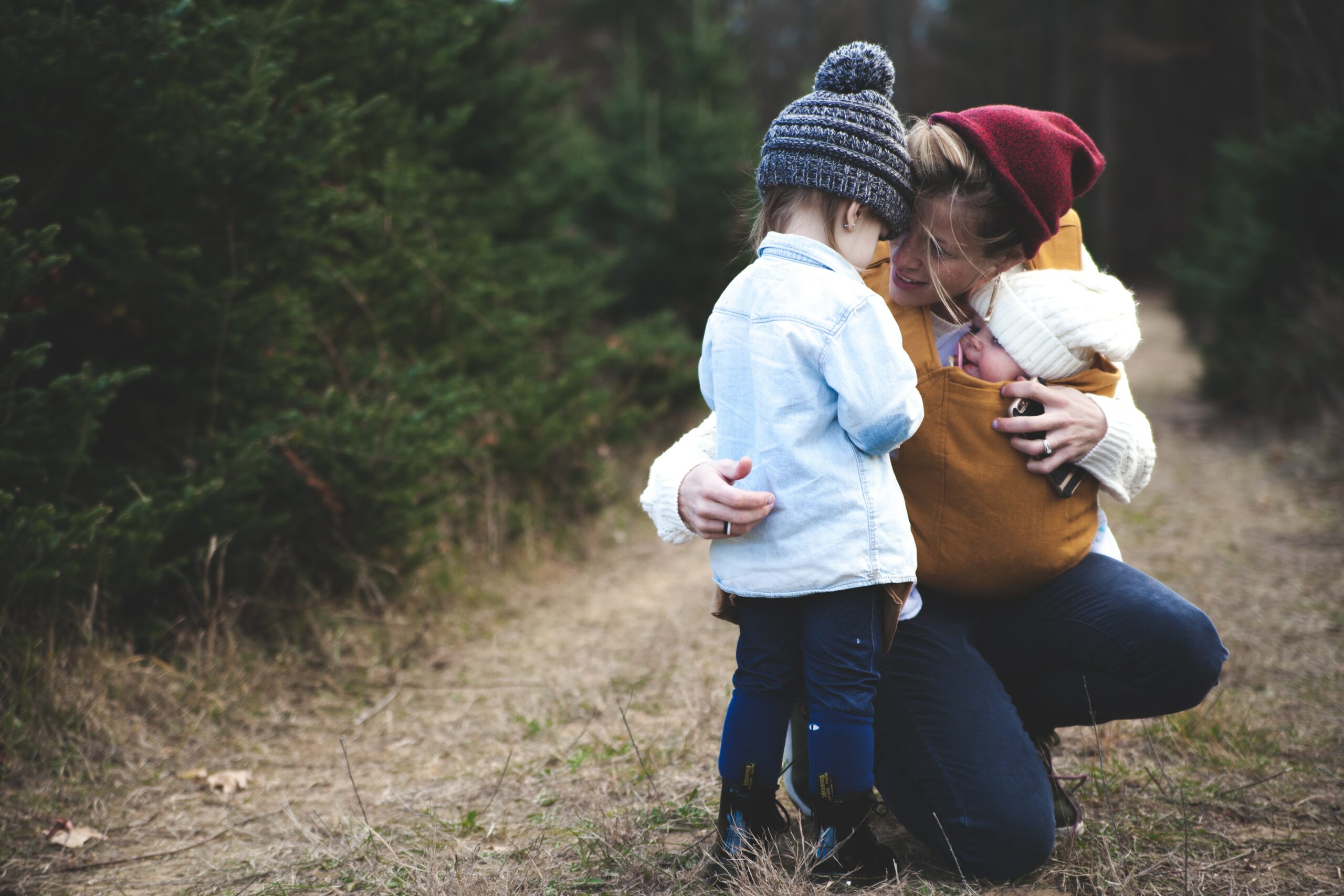
We must try to educate our children in important values such as empathy, assertiveness, proactivity, and in the great value of trusting and thinking about others.
Why is the figure of the pedagogue not sufficiently present in the educational policies of governments?
It is an issue that dates back to 1990 with the implementation of the LOGSE, where the law gave and continues to give preference to other professional profiles such as teachers with therapeutic mention or currently social educators. Dr. M. Victòria Gómez mentioned it in the DECLARATION OF THE OFFICIAL COLLEGE OF PEDAGOGY OF CATALONIA THE ESSENTIAL TEACHER IN THE EDUCATIONAL SYSTEM published last July 2020 where she stated that through a comparison of the university training programs of degrees and degrees in the educational field, we find the key to understand the difference in the preparation of some and others to intervene in the context of a school. Sometimes we have the feeling that we are turning the school into a bottomless pit of activities, which diverts it from its own purposes.
Are parents always right?
We have to think that we all want to be right, most of the time. First of all, it is necessary to determine, within the parents and/or guardians, if both are right; that is to say, if they agree on the same thing.
In the investigation of the truth of things, as Salvador Espriu says very well, the truth is like a broken mirror that has to be remade as if it were a puzzle. We all have a piece of that mirror.
A good principle is to know our children very well, to accept them as they are and to love them with their qualities and defects.
We tend to overprotect our children out of a misunderstood eagerness for esteem and what we really do is to slow down their maturity. We must be very objective and not lose sight of the fact that mistakes are a source of learning and therefore we build their successes.
Is it possible to find the balance between authority and optimism when educating?
It would be necessary first to specify the great difference between authoritarian, rigid parents and parents with authority. In the case of the former, children do things more out of fear than anything else and most of the time there is a lack of trust and communication between parents and children. In the case of parents with authority we have to understand it as authority-prestige, thinking about the background we want to achieve, which is to educate our children in freedom and if we do not do it with authority-prestige our children will not be candidates to be educated in freedom.
Optimism is put into practice in the moment we assume the defeats and in how we enjoy the victories. As Chesterton says, the optimist sees an opportunity in a calamity and the pessimist sees a calamity in any opportunity. Churchill complements this idea when he says that the optimist always has a project and the pessimist always has an excuse.
It is necessary to refine in:
- Educate with exigency
- To demand with authority
- Maintain authority with prestige.
Küppers encourages us to practice intelligent optimism: the quality of our life is not determined by what happens to us, but by what we do in the face of what happens to us. Optimism is an attitude towards life, it is a habit of thought and its basis is knowledge.
Out of a misunderstood eagerness for esteem, we tend to overprotect our children and what we are really doing is holding back their maturity

Aren’t today’s parents a bit lost?
It really is a global disorientation, but many times we want to find solutions to problems when they have really become a conflict, and if it is the case the resolution needs more time, a lot of patience and more than anything coherence.
There are many people who want to impose their rules in adolescence, and it is really the worst time, since the success in our actions depends largely on the energy we have put in the early years, especially until the age of 7, to acquire good habits with authority well understood and with the necessary optimism.
Give us an aphorism, to finish!
If I may, two that complement each other:
George Washington: Example, whether good or bad, has a powerful influence.
Napoleon Bonaparte: The education of a person begins eighteen years before his birth.


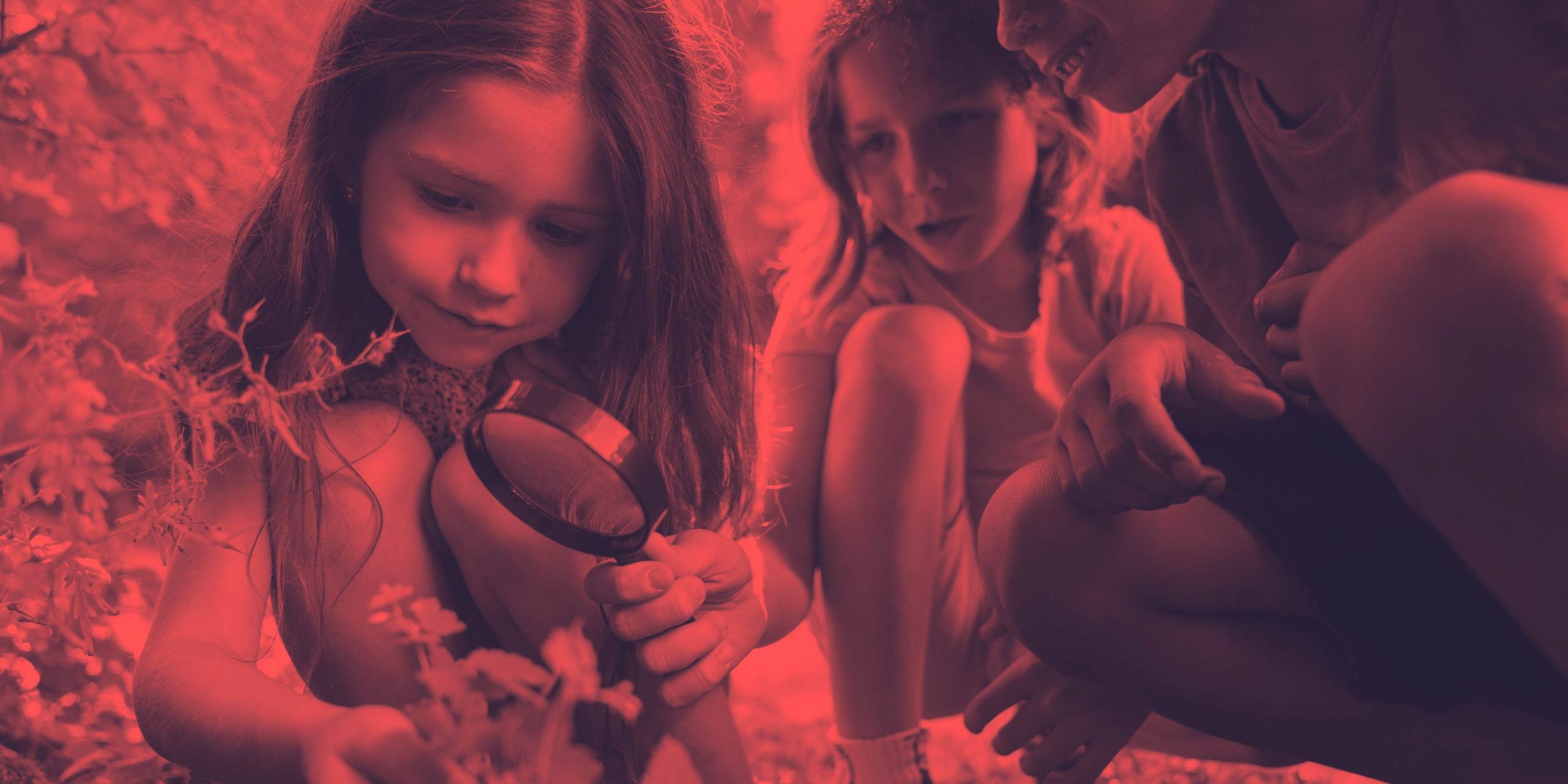

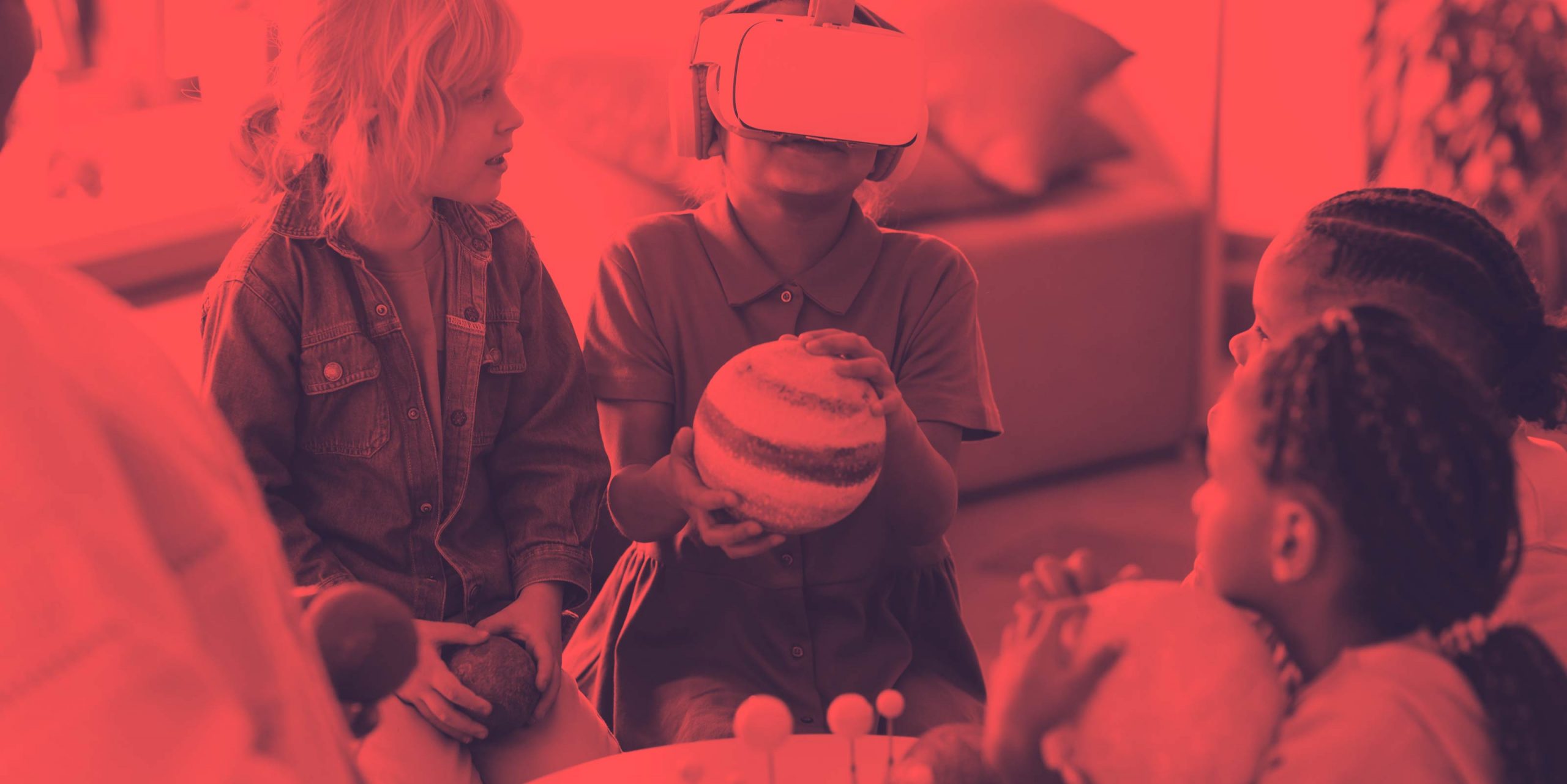
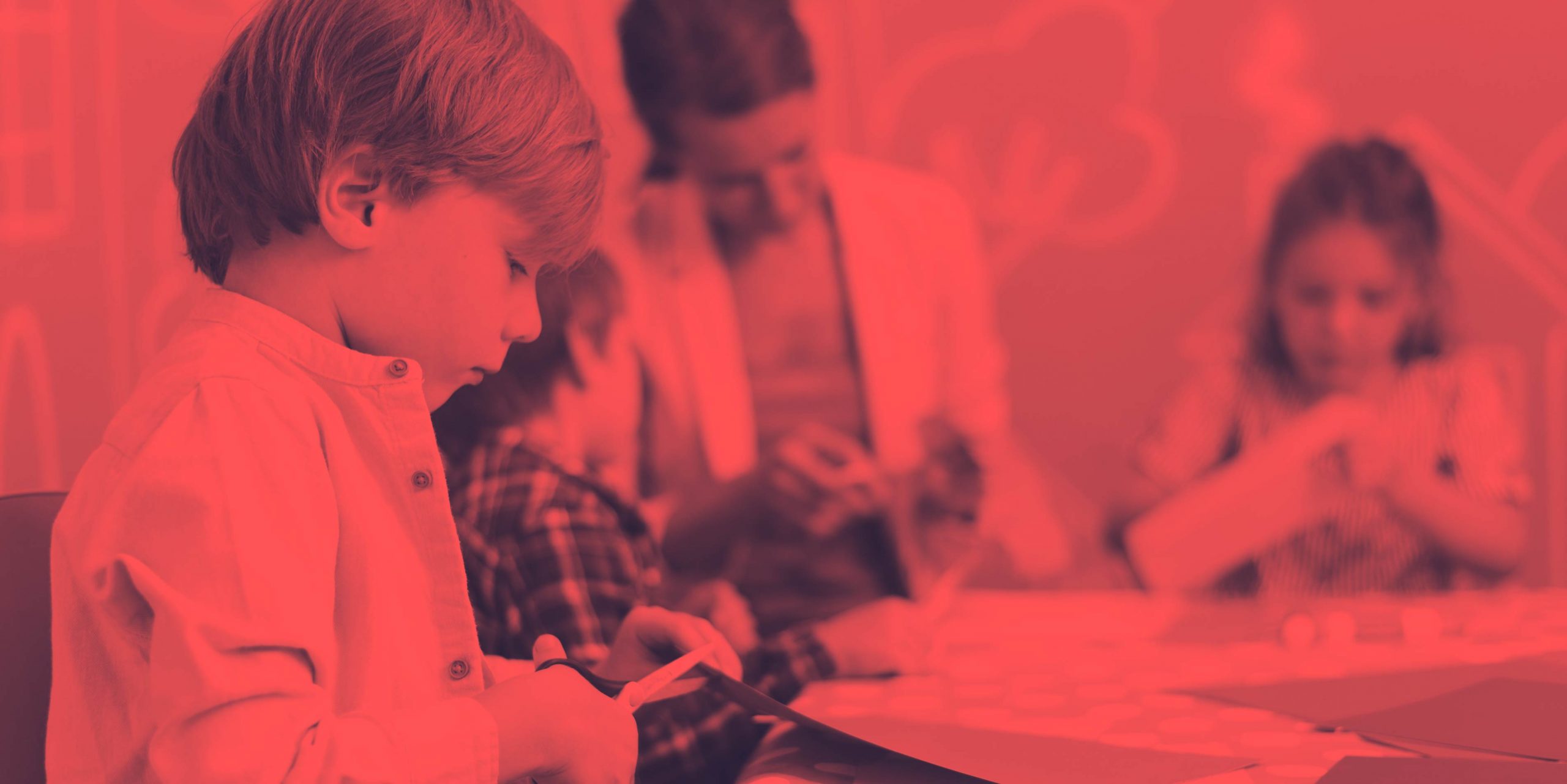

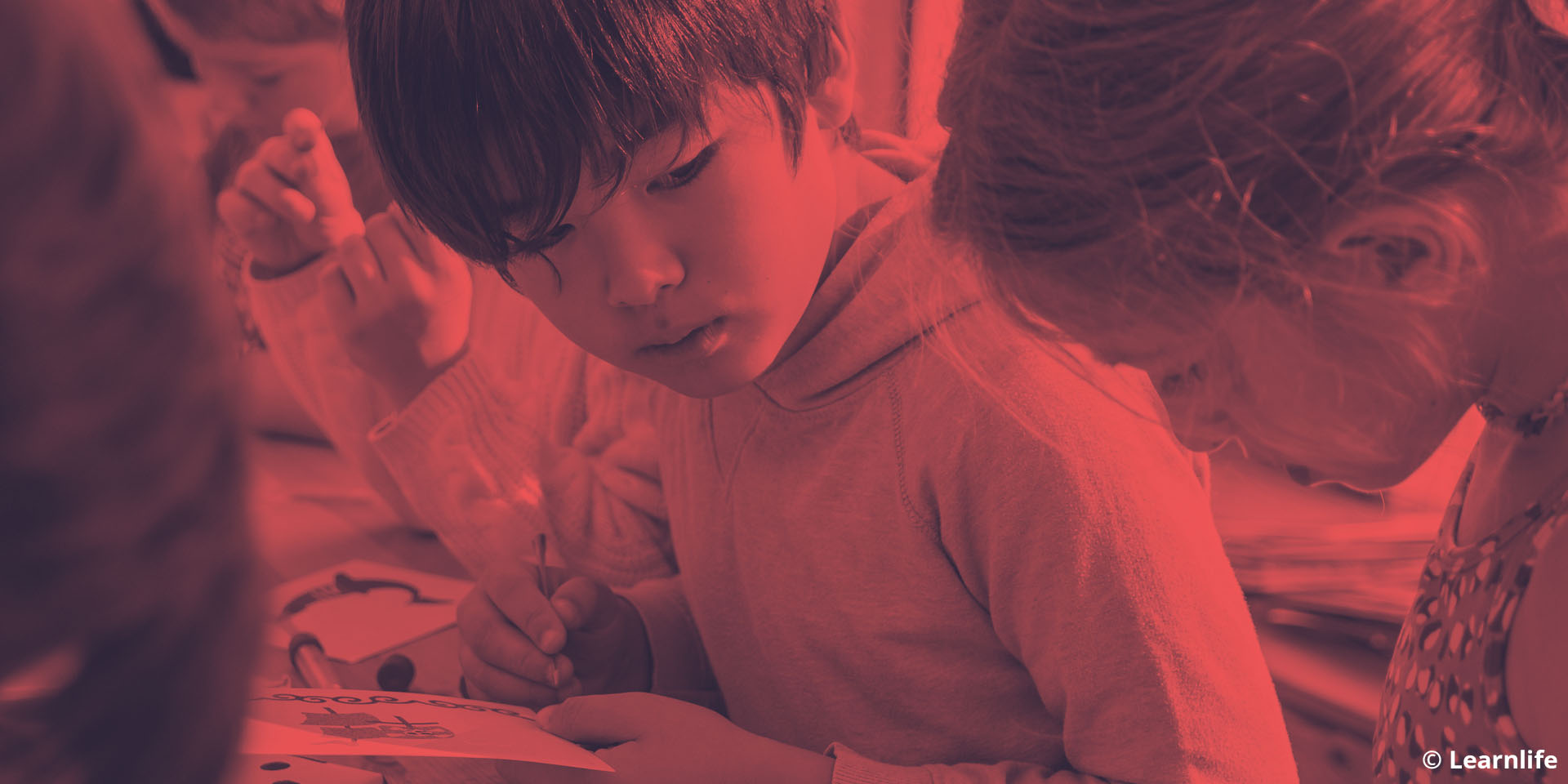

Leave A Comment